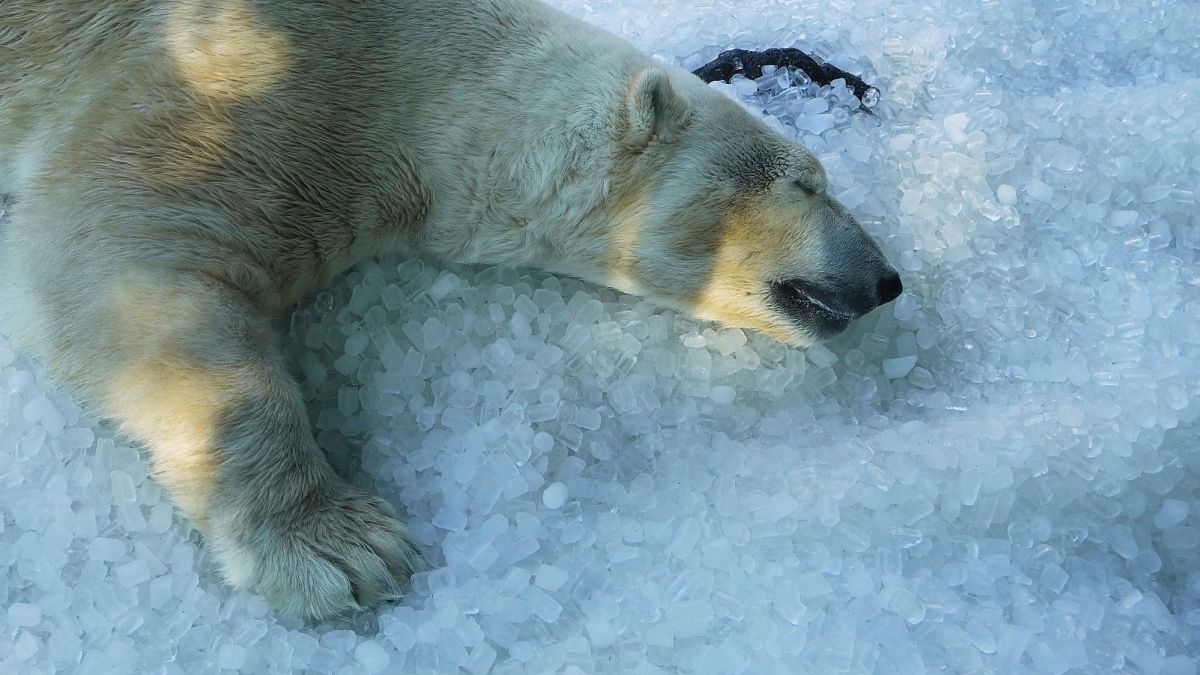

As Europe basks under the intense heat of an extraordinary summer, countries across the continent are encountering record-breaking temperatures that have ushered in a season unlike any other. With the mercury soaring above 40 degrees Celsius, several nations including Portugal, Spain, France, and Italy are at the forefront of these climatic extremes.
This relentless heatwave is a result of a powerful African anticyclone sweeping across the region. In Italy, temperatures have climbed to a staggering 46 degrees Celsius, underscoring the severity of this climatic event. Consequently, to protect both inhabitants and workers, Italian authorities have implemented measures that limit outdoor activities during peak heat hours, giving precedence to public health and safety. Tragically, the intense heat has already claimed several lives, with reports confirming at least three fatalities, including an unfortunate incident involving a young boy in Catalonia, Spain.
Across the continent, the effects of this heatwave ripple beyond human impact, striking at the heart of the natural world. In the Mediterranean Sea, unprecedented sea temperatures are causing concern among scientists, who warn of potential long-term repercussions on marine ecosystems. These elevated oceanic temperatures not only threaten the rich aquatic biodiversity but can also influence terrestrial climates, exacerbating the already harsh conditions experienced on land.
The strain of this overwhelming heatwave is felt in everyday life, as nations adapt to the harsh realities imposed by the heat. In France, over 1,350 schools faced closures, their infrastructures inadequate to shield students and educators from the sweltering conditions. The closures reflect broader challenges as communities endeavor to maintain routine amidst crisis, while the French government holds crisis meetings to strategize responses to the threats posed by climate change.
In the Czech Republic, innovative approaches are being utilized to provide relief amidst the rising temperatures. The Prague Zoo has taken proactive steps to ensure the well-being of its inhabitants, delivering a substantial 10 tonnes of ice to cool the diverse species housed within its grounds. These efforts highlight the adaptability of organizations in the face of unprecedented environmental demands, offering a glimpse of hope amidst the challenges.
This extreme weather event serves as a stark reminder of the broader climatic patterns that the world is beginning to face more frequently. As the intensity and frequency of heatwaves increase, discussions surrounding climate change and environmental responsibility become more urgent. Public health officials across Europe have issued warnings, alerting populations to the dangers posed by such extreme temperatures and advocating for sustainable practices that can mitigate future impacts.
Despite the daunting nature of these challenges, the resilience of European communities shines through. As nations collaborate and share strategies to combat these climatic adversities, the collective efforts underscore the potential for unity and innovation in response to global environmental challenges. Driven by a determination to protect both people and the planet, Europe continues to navigate through the trials of this pivotal summerscape.
Source: {link}
